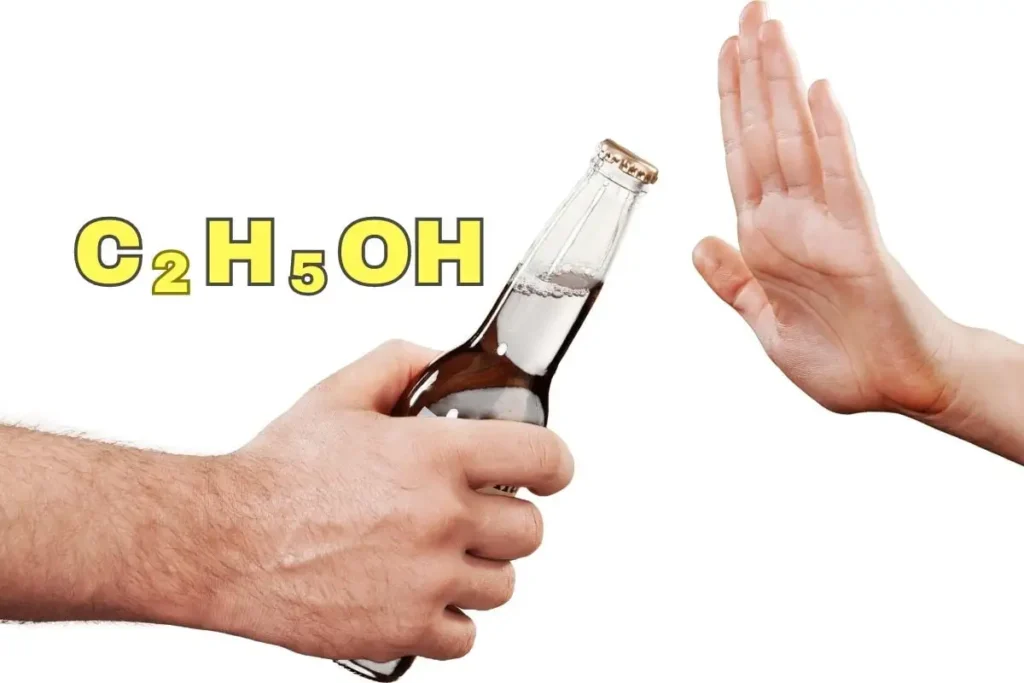E173 is a common food additive that is found in many products around the world. However, there are concerns among Muslim consumers about whether E173 is halal or haram.
This article provides a comprehensive overview of E173, including its chemical structure, origin, potential side effects, regulations, dosage, and most importantly, whether it is considered halal.
Key Takeaways
| 📌 E173, also known as aluminum ammonium sulfate, is a common food additive used to make food more stable and firm. It’s not about adding flavor; it’s about improving how the food feels and holds together. |
| 📌 E173 can be considered halal. It doesn’t contain any forbidden ingredients, and it serves a functional purpose in food. Many halal certification bodies permit its use. |
What is E173?
E173 is the food additive aluminum ammonium sulfate. It is an inorganic salt that is used as a firming agent, stabilizer, and thickener in various processed foods.
Chemically, E173 is comprised of aluminum, ammonium, sulfur, and oxygen atoms. The chemical structure of E173 is AlNH4(SO4)2, with a molecular weight of 237.25 g/mol.
What Is E173 Made From?
E173 can be produced from a few different sources:
- Ammonium sulfate and aluminum sulfate – These ingredients are reacted together in a neutral solution to form E173. Both ammonium sulfate and aluminum sulfate on their own are considered halal.
- Ammonia and sulfuric acid – E173 can also be synthesized by reacting ammonia and sulfuric acid. Again, these simple chemical ingredients are halal.
- Mineral rocks – Aluminum sulfate and ammonium sulfate naturally occur in some mineral rocks. E173 derived from mineral sources should also be halal.
So in summary, E173 does not contain any animal-derived ingredients and should be permissible from an Islamic dietary law perspective.
Possible Side Effects
In moderation, E173 is considered safe for consumption by most health organizations. However, there are some potential side effects to be aware of:
- Aluminum toxicity – High doses of aluminum from additives like E173 may accumulate in the body and cause neurotoxicity. This risk is increased for those with kidney dysfunction.
- Interaction with nutrients – E173 can bind to phosphorus, affecting the absorption of this important mineral. It may also reduce zinc absorption.
- Gastrointestinal issues – Consumption of high amounts of E173 may cause constipation, diarrhea, or other digestive upset in sensitive individuals.
As long as E173 intake is limited to the typical amounts found in processed foods, it is unlikely to cause these adverse effects in most healthy people. Those with kidney issues may want to limit their exposure.
Regulations and Guidelines
E173 is approved for use as a food additive in many countries, with the following regulations and guidelines:
- USA – E173 is recognized as ‘Generally Recognized as Safe’ (GRAS) by the FDA. There are no daily intake limits.
- EU – Approved for use with a specified maximum level in many foods. The acceptable daily intake is 1 mg/kg body weight. [Source: UK Food Standards Agency]
- Australia/NZ – Permitted for use in processed foods with good manufacturing practices. No specific daily intake limits. [Source: FSANZ]
- Canada – Considered safe and approved for various food applications.
So E173 is widely accepted around the world as a safe additive when used appropriately. Monitoring aluminum intake from all sources is recommended for those at risk of toxicity.
Dosage and Administration
E173 is used at differing dosages depending on the food application:
- As a firming agent in pickles, candies, canned vegetables: 200-1000 mg/kg
- As a stabilizer in frozen seafood, dairy-based desserts: 300-600 mg/kg
- As a thickener in soft drinks, sauces, flavored waters: 100-300 mg/kg
The typical concentration in final food products ranges from 10-800 mg/kg. E173 is directly added to foods during manufacturing.
The Joint FAO/WHO Expert Committee on Food Additives (JECFA) has set an acceptable daily intake (ADI) for aluminum from all sources at 1 mg/kg body weight. This ADI is not likely to be exceeded with normal consumption of processed foods containing E173.
Is E173 Halal or Haram?
Based on the sources, manufacturing process, and composition of E173, it can be classified as halal:
- It does not contain any pork-derived, alcohol-containing, or otherwise haram ingredients
- E173 is synthesized from halal compounds like ammonium sulfate and aluminum sulfate
- No animal products are used in the production
- E173 serves a functional purpose as an additive and is not simply a flavoring agent
- It is permitted by halal certification organizations
So for these reasons, E173 aluminum ammonium sulfate can be considered halal. It is commonly found in foods that are halal-certified and acceptable to Muslim consumers.
Find out more:
Is E172 Halal or Haram?
Is E174 Halal or Haram?
Conclusion
E173 or aluminum ammonium sulfate is a mineral salt additive used to improve food texture and stability. It does not contain any animal derivatives or alcohol.
The production methods and ingredients used to make E173 comply with Islamic dietary laws. While excessive intake may have some health risks, E173 is recognized as safe in regulated quantities. Leading halal certification bodies permit the use of E173. For these reasons, E173 can be classified as a halal food additive.
Allahu A’lam (Allah Knows Best)
FAQ
What is the source of E173?
E173 is synthesized from mineral sources like ammonium sulfate and aluminum sulfate. It does not contain any animal-derived ingredients.
Is E173 safe for consumption?
In permitted quantities, E173 is considered safe by health authorities. But very high intakes may potentially cause aluminum toxicity, especially in those with impaired kidney function.
What are some common food products that contain E173?
E173 can be found in various processed foods like soft drinks, frozen seafood, pickles, sauces, canned vegetables, candies, and dairy desserts. It is used as a stabilizer, thickener, and firming agent.
What is the CAS number of E173?
The CAS (Chemical Abstracts Service) registry number for aluminum ammonium sulfate is 7784-25-0. This provides an identifier for the chemical structure.
Is E173 banned in any country?
E173 seems to be approved for use as a food additive in most major countries, including the USA, Canada, UK, EU, Australia/NZ. No bans could be found, though some countries may restrict its use for certain applications.
- Is Pop Tarts Halal? What You Need to Know - February 18, 2024
- Are Graham Crackers Halal in Islam? - January 19, 2024
- Is Keebler Wheatables Halal? - January 18, 2024





